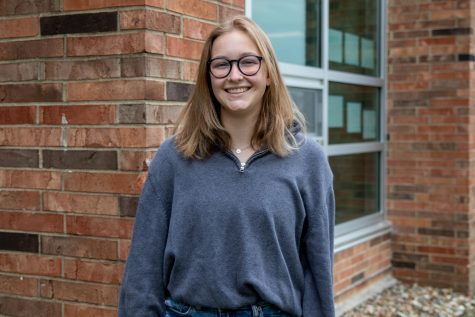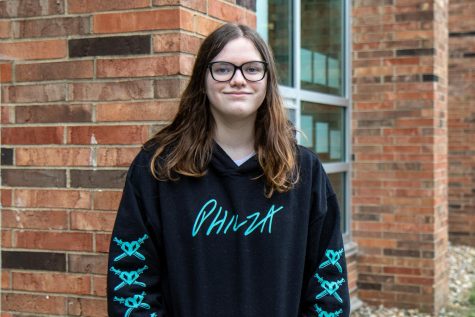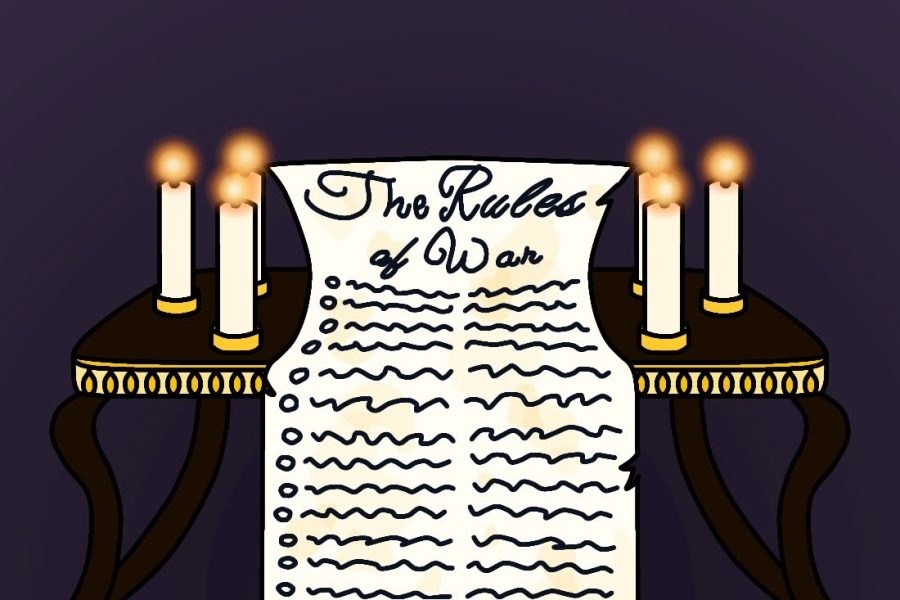The rules of war
Despite war seeming inhumane and uncivilized, there are actually rules to maintain humanity.
The Geneva Conventions are laws and rules put in place to bring humanity into uncivilized conflict.
War has been a constant in society since the beginning. Defined as a state of armed conflict between different states, nations or unions within defined states or nations, it has followed established nations through the centuries. Historians believe that the first recorded armed conflict was the Battle of Megiddo in 1479 BCE. The brutality of global world conflicts inspired the creation of International Humanitarian Law. These are sets of rules intended to limit the impact of armed conflict, specifically regarding citizens and those caught in the cross-fire. It holds armed parties to specific responsibilities. The foundation for these rules was laid by the Geneva Convention.
- The Geneva Conventions are laws and rules established to provide minimum protection for victims of armed conflict. This expands from citizens to Prisoners of War and soldiers unable to fight. The first Convention was established in 1864 by the International Committee for the Red Cross and Red Crescent. The original purpose was to allow for the treatment of wounded soldiers and the protection of those providing care. Following the devastation of World War II, additional Conventions- or rules- were added in 1949 and 1950.
Rule breakdown
- Convention I: This convention protects wounded soldiers and medical personnel who are not actively engaged in combat against a party. It prevents cruelty in terms of medical neglect, torture, and unjudged execution. It protects all soldiers and medical personnel regardless of sex, race, status, etc.
- Convention II: Expands the previous protections to shipwrecked soldiers and naval conflict.
- Convention III: This document defines “Prisoner of War” and demands the humane treatment of them. A POW is not allowed to be tortured for information and is only required to give their names, ranks, and serial numbers.
- Convention IV: Under this Convention, civilians are granted the same protection wounded soldiers are given. It also prohibits attacks on civilian hospitals and other medical places or transport. This is something that Russia has violated in the conflict with Ukraine.
- Protocol I: This protocol defined terms from the previous Conventions and placed further restrictions on the treatment of “protected persons”. It also regulates the treatment of deceased, cultural artifacts and risky targets like dams or nuclear plants. This is another thing that Russia has violated in its invasion of Ukraine.
- Protocol II: provides more protection for civilian populations and interned persons.
Violations
- Violators of the Conventions are expected to pay reparations. Seeing that violations can vary in severity depending on the rule and how it was violated, these reparations are not specified, the only requirement is that it fully repays the loss or harm. Individual violators are subject to a full investigation, trial, and resulting punishment. There is no set punishment, nor a set committee to punish those who neglect these conventions. The recognized states are expected to uphold these rules and hold guilty parties accountable. Entry into foreign countries can be denied to citizens of the guilty state as punishment. This is an example of a low-conflict reprimand. Upholding the conventions is not always easy, as we are seeing with Ukraine. The complications of engaging in combat with Russia are preventing other nations from physically reprimanding Russia. This has caused countries to turn to economic punishment. Western nations have piled sanctions onto Russian trade and other economic affairs. Local stores are halting the sale of Russian products like vodka. The U.S is also no stranger to violating these laws, as seen in Hamdi v. Rumsfield, where a U.S citizen was forcibly detained for being a member of the Taliban. In this case, the Supreme Court backed Rumsfield and declared the action legal under legislation resulting from the attack of September 11, 2001.
Your donation will support the student journalists of West High School. Your contribution will allow us to purchase Scholarship Yearbooks, newsroom equipment and cover our annual website hosting costs.

(she/her) Maddy Smith is a senior at West. This will be her third year on staff. She is the online Features and Visuals editor. She enjoys music, photography,...

(she/her) Cassandra Michaels is a senior at West. This is her second year on the staff for the online publication as an artist. When she isn't busy she...



